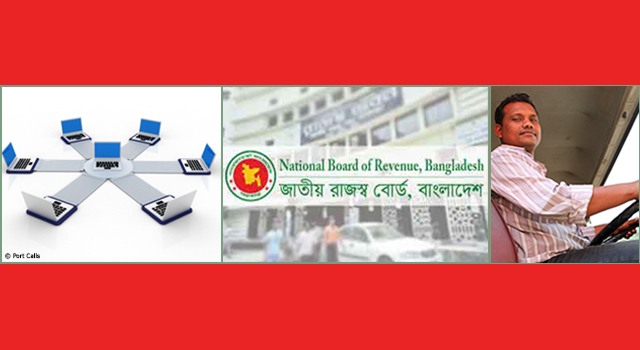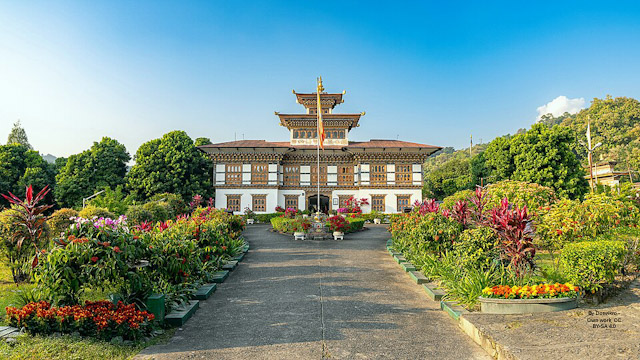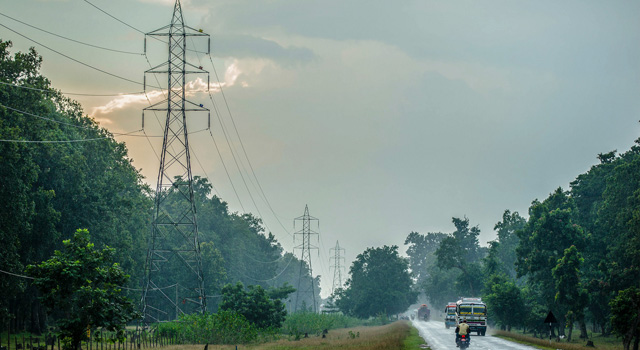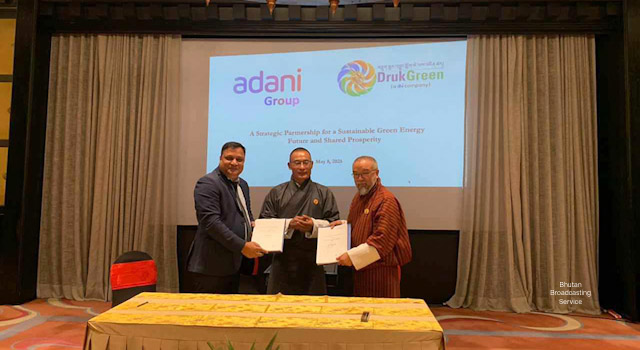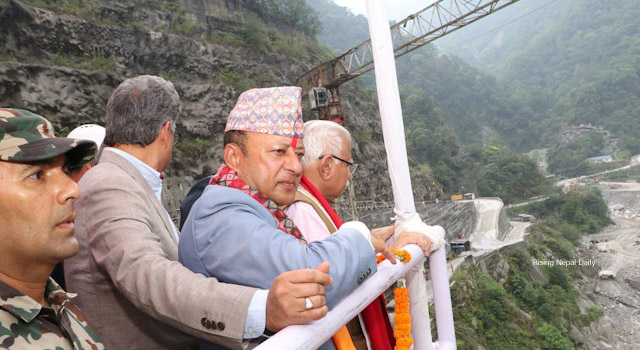
Commentary: Asia and the Pacific can Overcome COVID-19 by Working Together
31 March 2020
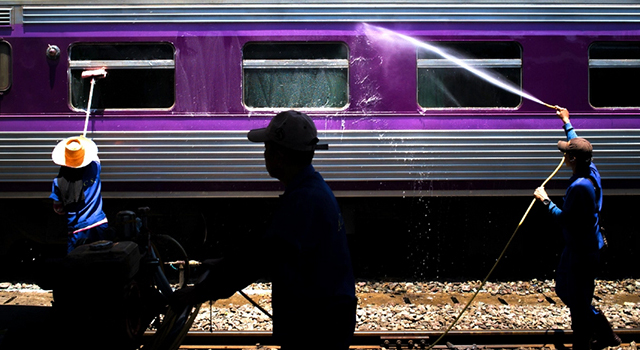
Mr. Arjun Goswami of the Asian Development Bank (ADB) emphasizes that amidst the threat posed by the COVID-19 pandemic, “what we need now is not to step back from cross-border cooperation but to redouble such cooperation.” Cooperation among countries can help promote recovery of human welfare, as well as recovery from the economic effects of the pandemic. Mr. Goswami underscores that regional cooperation is very much a part of ADB, with various regional cooperation platforms, including the SASEC Program.
This piece originally was published in the Asian Development Blog.
Asia and the Pacific can overcome COVID-19 by working together
Arjun Goswami
The Asia Pacific region is standing together to cooperate regionally to address the transnational threat posed by the COVID-19 pandemic.
COVID-19 and the response by national governments around the world has prompted many to question the future of globalization and cross border cooperation. The fear and panic which accompany deadly pandemics such as COVID-19 has led many countries, such as those in the Pacific, to implement national lockdowns, suspend international travel and close borders. The disruption to global supply chains may well also accelerate existing trends towards onshoring and reshoring of productive capacity.
The pre-existing global growth slow down, United States-People’s Republic of China trade war and the impacts of the fourth industrial revolution made onshoring and reshoring increasingly attractive. The impact of the pandemic on the People’s Republic of China, which represents 18% of global parts and components trade, and the loss of confidence in ‘just in time’ logistics, could amplify this. A potential global economic recession will further depress cross-border trade and investment. This has led some thinkers to declare the “end of globalization as we know it”.
Yet what we need now is not to step back from cross-border cooperation but to redouble such cooperation. It should be deployed to more effectively protect human health from the current pandemic while promoting a recovery of human welfare from the effects of the crisis. COVID-19 reminds us that we are highly interconnected, not just in terms of goods, capital and information but also human interaction, and that disease does not respect national boundaries.
It is therefore crucial to cooperate to ensure coordinated responses to effectively mitigate pandemic crises. These could include coordinated travel restrictions. While these may be necessary in the short run, in the longer run this will result in significant economic and financial costs. Consequently, it will be vital over time for countries to cooperate to factor in lessons learned while promoting recovery from the economic effects of this pandemic.
Fortunately, Asia and the Pacific is showing strong signs of understanding the importance of continued regional cooperation. The financial contagion of the 1997 Asian Financial Crisis led many countries towards deeper regional cooperation and the same appears to be true for this crisis, albeit involving contagion of a very different nature.
On 13 March, ASEAN senior health officials met online to reaffirm their commitment to regional collective action, share information on the results of disease surveillance and social interventions, and discuss regional access to equipment and testing facilities. The South Asian Association of Regional Cooperation (SAARC) has also taken action. On 15 March, SAARC leaders discussed the establishment of an emergency fund to fight COVID-19, a common research platform, and sharing of knowledge and equipment.
The Asian Development Bank has regional cooperation as part of its DNA and is well positioned to help sustain these efforts. It supports regional cooperation platforms such as the South Asia Subregional Economic Cooperation (SASEC), Central Asian Regional Economic Cooperation (CAREC) and the Greater Mekong Subregion (GMS) programs. These platforms have a history of effective mobilization to support regional public goods. The GMS, for example, implemented a Regional Communicable Disease Control Project which helped contain outbreaks of disease, reduced fatalities and strengthen regional networks.
Moreover, ADB has mobilized $6.5 billion for developing member countries’ initial response to COVID-19. This includes support to the private sector, including micro, small and medium-sized enterprises directly impacted by the crisis, and $40 million of technical assistance and quick disbursing grants.
In the medium term ADB will need to work with its member countries and private sector to reduce the likelihood of future pandemics and respond effectively when they (inevitably) occur. Options for consideration include:
- Equipment, research and testing facilities: Building regional equipment pools which can be deployed where they are needed most; and adopting strategies and action plans for regional research and testing. As part of its COVID-19 regional response in the Pacific, ADB is supporting pooled procurement of personal protective and health equipment through the UN system for two Pacific developing member countries.
- Regulations and policies: Helping countries meet regional and international standards on disease surveillance and reporting and enabling cross-border information sharing on emergence of infectious diseases; updating and harmonizing national public health legislation to support safe cross-border travel and tourism; and developing policies to support social protection of mobile, vulnerable groups.
- Coordination mechanisms and systems: Using regional cooperation platforms and mechanisms to deepen and extend the use of information technology for trade facilitation to build regional traveler databases and information systems that operate in real-time, to support contact tracing and predict community spread. In the Pacific, ADB is using a regional technical assistance to support digital health information systems which improve disease surveillance. The intention is to strengthen country systems and support regional information exchange.
- Resources and funding: Establishing regional resources; and strengthening the capacity and effectiveness of regional quick-disbursing disaster funds and financing instruments.
To those who say that the pandemic has triggered a “country first” mentality, see how Asia and the Pacific and its regional communities are continuing to stand together in the best tradition of regional cooperation, especially during crisis. They are looking beyond themselves, recognizing that the pandemic represents a transnational threat and involves mutual risks.




